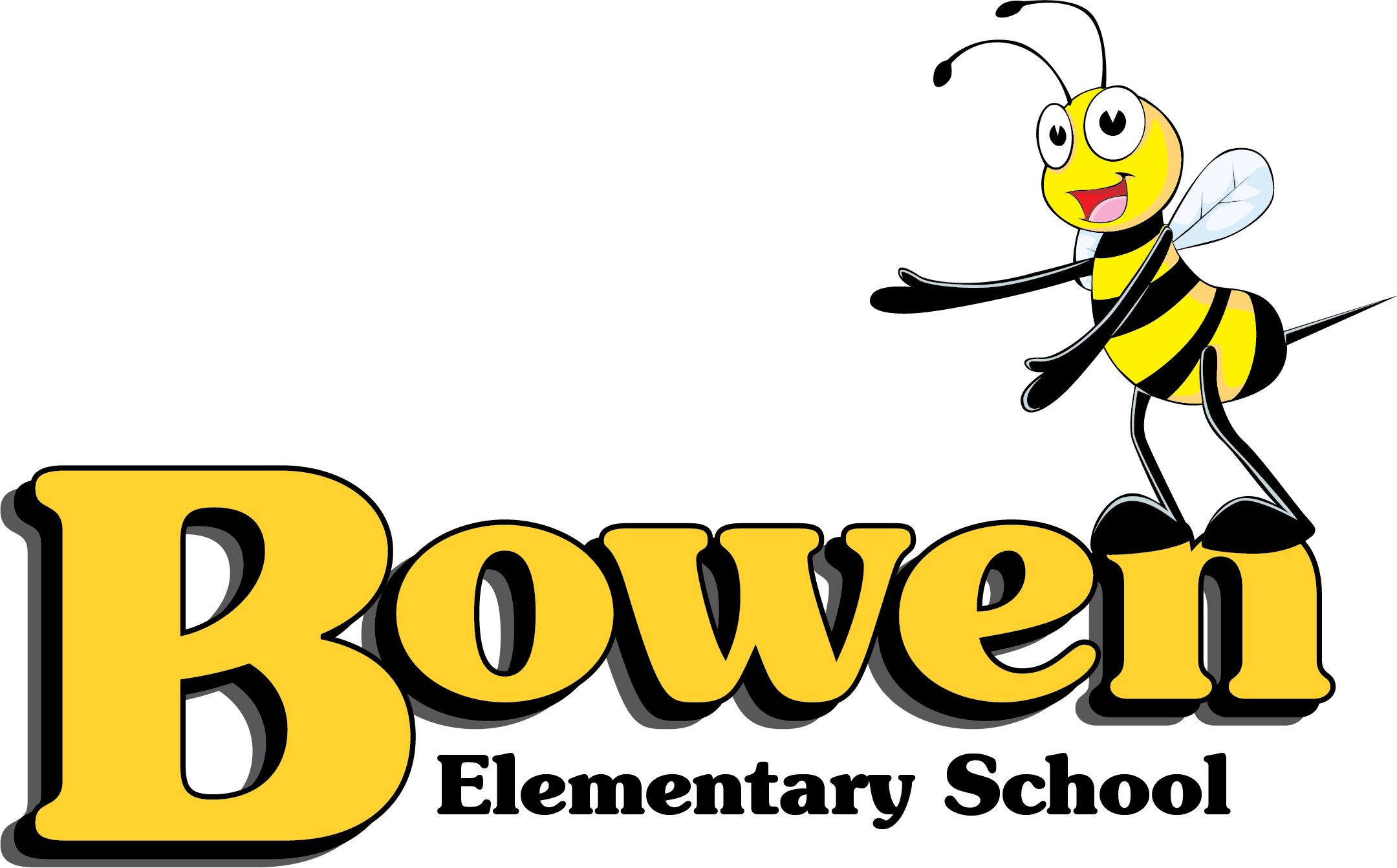Skip to content
Proficient in Reading:
32%
Distinguished in Reading:
25%
Proficient in Math:
30%
Distinguished in Math:
16%
